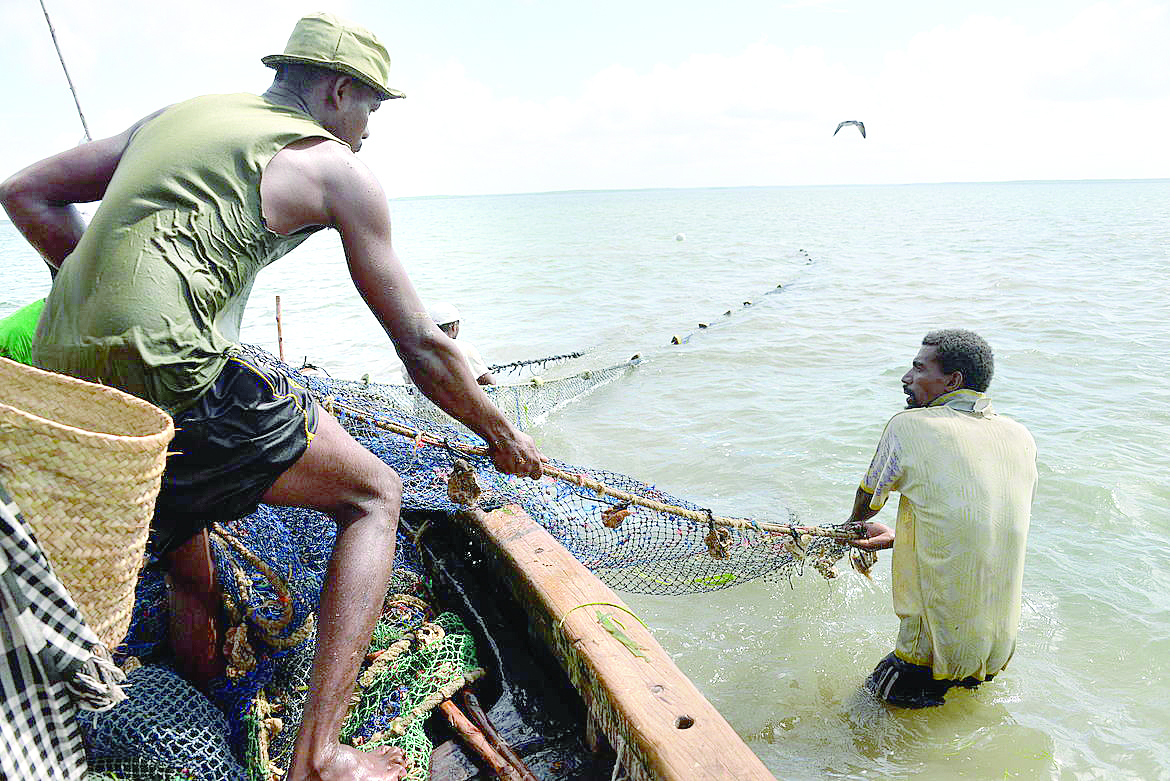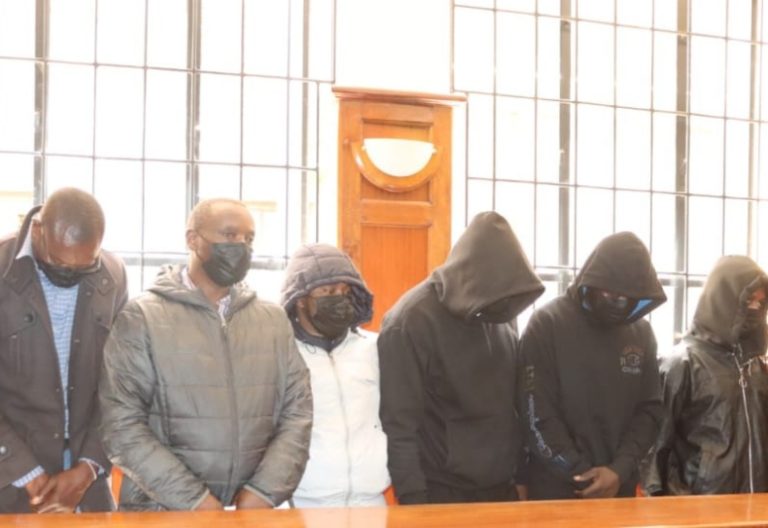CS Joho orders extensive investigations into livestock poisoning incident in Migori

The Ministry of Mining, Blue Economy, and Maritime Affairs Cabinet Secretary Hassan Joho has directed relevant government agencies to carry out an extensive investigation into a livestock poisoning incident in Nyatike, Migori County.
Joho, in a statement issued on Sunday, September 29, 2024, said a multi-agency team with officers drawn from the Regional Mining Office, the National Environment Management Authority, the County Public Health Department, and security agencies had carried out a fact-finding inspection that established that five cows had died while six others showed signs of poisoning.
Joho on livestock poisoning
The poisoning, Joho stated, was a result of contaminated water.
A mining company, H-Nuo, is suspected to have been the reason behind the contamination of water in the Nyatike area.
“The Ministry of Mining, Blue Economy, and Maritime Affairs is privy to disturbing reports of multiple livestock fatalities reported on September 26, 2024, at H-Nuo’s Kenya’s Company processing site in Nyatike, Migori County.
“A multi-agency team with officers drawn from the Regional Mining Office, the National Environment Management Authority, the County Public Health Department, and security agencies held a fact-finding extensive inspection visit at the H-Nuo facility on September 27, 2024. The team established that five cows had died while six had signs of poisoning from suspected contaminated water,” Joho’s statement reads in part.
Joho on victims’ compensation
Joho went ahead to state that his ministry would establish all facts surrounding the incident, assuring the victims of a fair, prompt, and justified compensation should investigations establish that the loss, death, or damages were caused by actions or operations of the mineral rights holder.
“The ministry is keen and wholly committed to establishing all facts that led to this unfortunate incident. Section 153(1) of the Mining Act, 2016 demands fair, prompt, and justified compensation for any loss, death, or damage that might have been caused by the actions or operations of a mineral rights holder.
“Additionally, Section 179 of the Act directs mineral rights holders to ensure that seepage of toxic waste and hazardous effluent is disposed of in approved areas only and does not get into streams and other water sources,” Joho stated.
Legal action
Moreover, he said the investigation will be led by the Migori county commissioner, with the findings forming the basis for administrative and legal action against those found culpable.
“To this end, the Cabinet Secretary for Mining, Blue Economy, and Maritime Affairs through the Whole-Of-Government Approach is tasking the security agencies under the County Commissioner together with other state agencies in Migori County to undertake intensive and extensive expedited investigations into this matter,” Joho said in the statement.
“A thorough probe will establish any acts of criminality or negligence by the parties involved, which will be a basis for administrative and legal action against those found culpable. The ministry is wholly committed to advocating for safe mining practices that give top priority to the protection of life, both human and animal, and environment safety. We will pursue this matter to its logical conclusion and deal firmly with any identified violation of law.”
Statement on Livestock Poisoning in Nyatike, Migori County. pic.twitter.com/kTQR6fSnHm
— Hassan Ali Joho, EGH. (@HassanAliJoho) September 29, 2024
Migori livestock poisoning
About three days ago, reports emerged that seven cows died after drinking water from a river that was suspected to be contaminated with sodium cyanide.
Sodium cyanide is commonly used in gold mining processes to extract the precious metal from ore.
However, if not handled and disposed of properly, it can have devastating consequences for the surrounding environment and wildlife.
People hospitalised
In April 2024, six people were hospitalised after consuming spring water that was contaminated with poisonous chemicals believed to be syenite from one of the mining processing plants in the Ndemra Village-Nyatike Sub County.
The contaminated spring also resulted in the loss of three cows and three goats from the poisonous water.
This forced the government to close some mining sites in Migori.
National Government Mining Inspector Abel Chumba elaborated that all operators in the mining industry who do not have valid licenses should remain closed until they legalise their operations.














